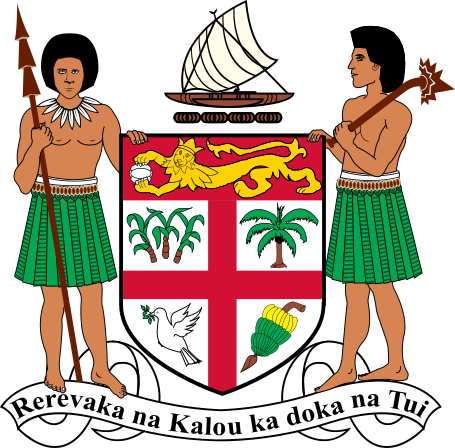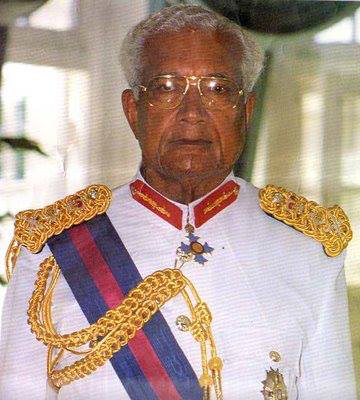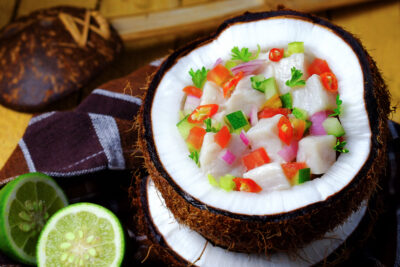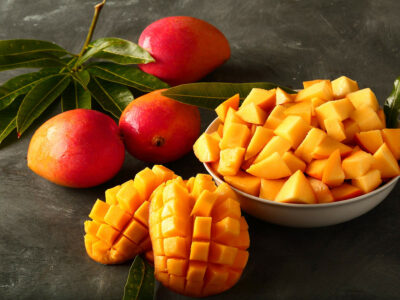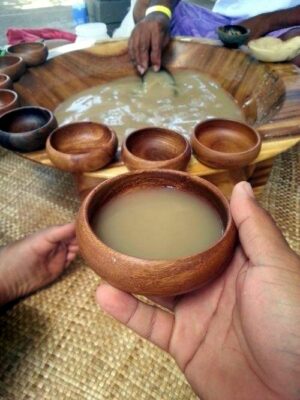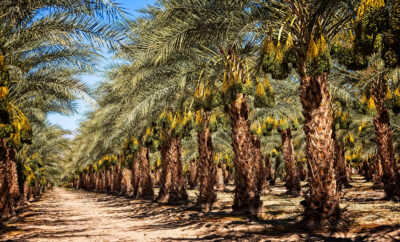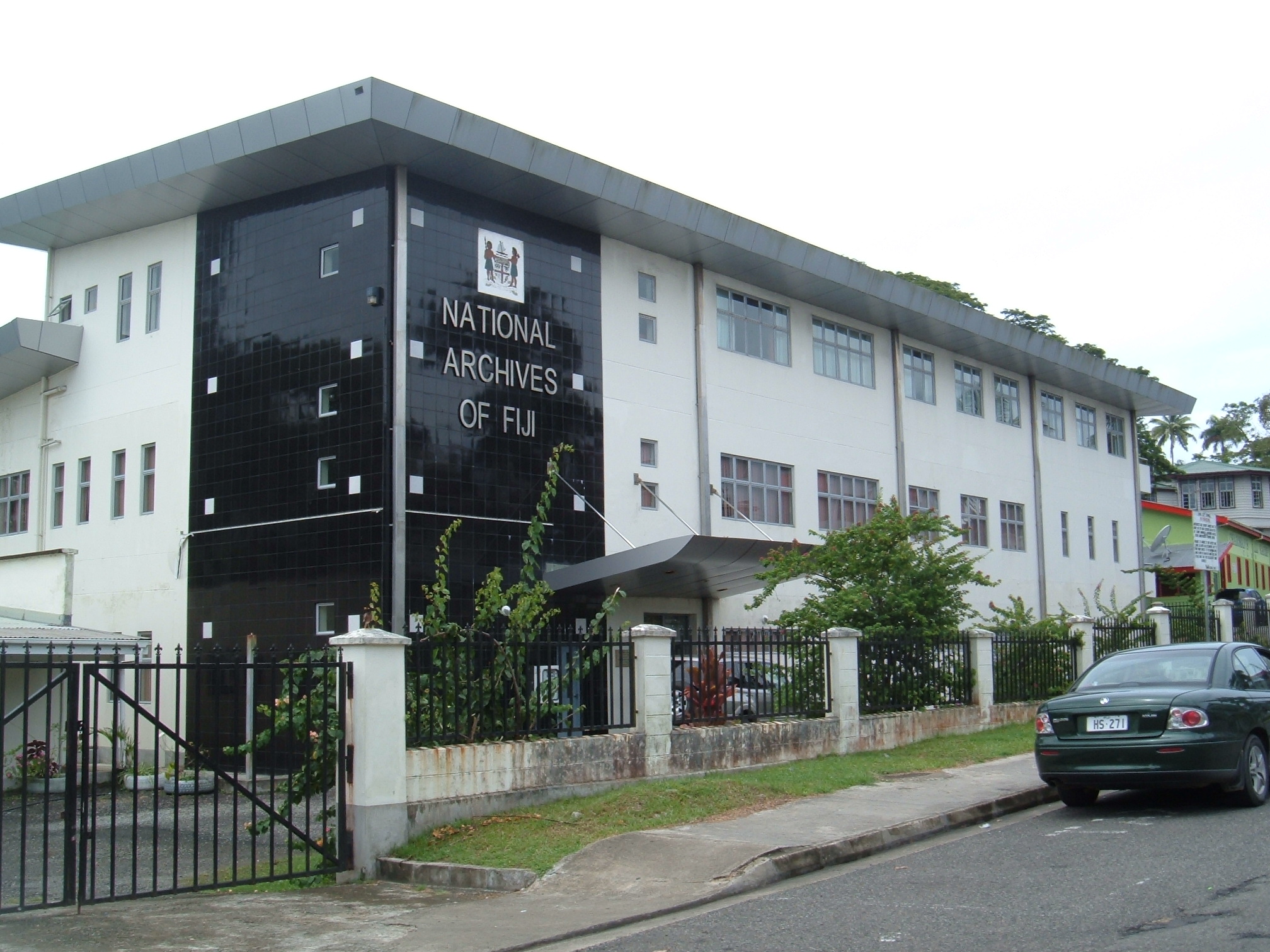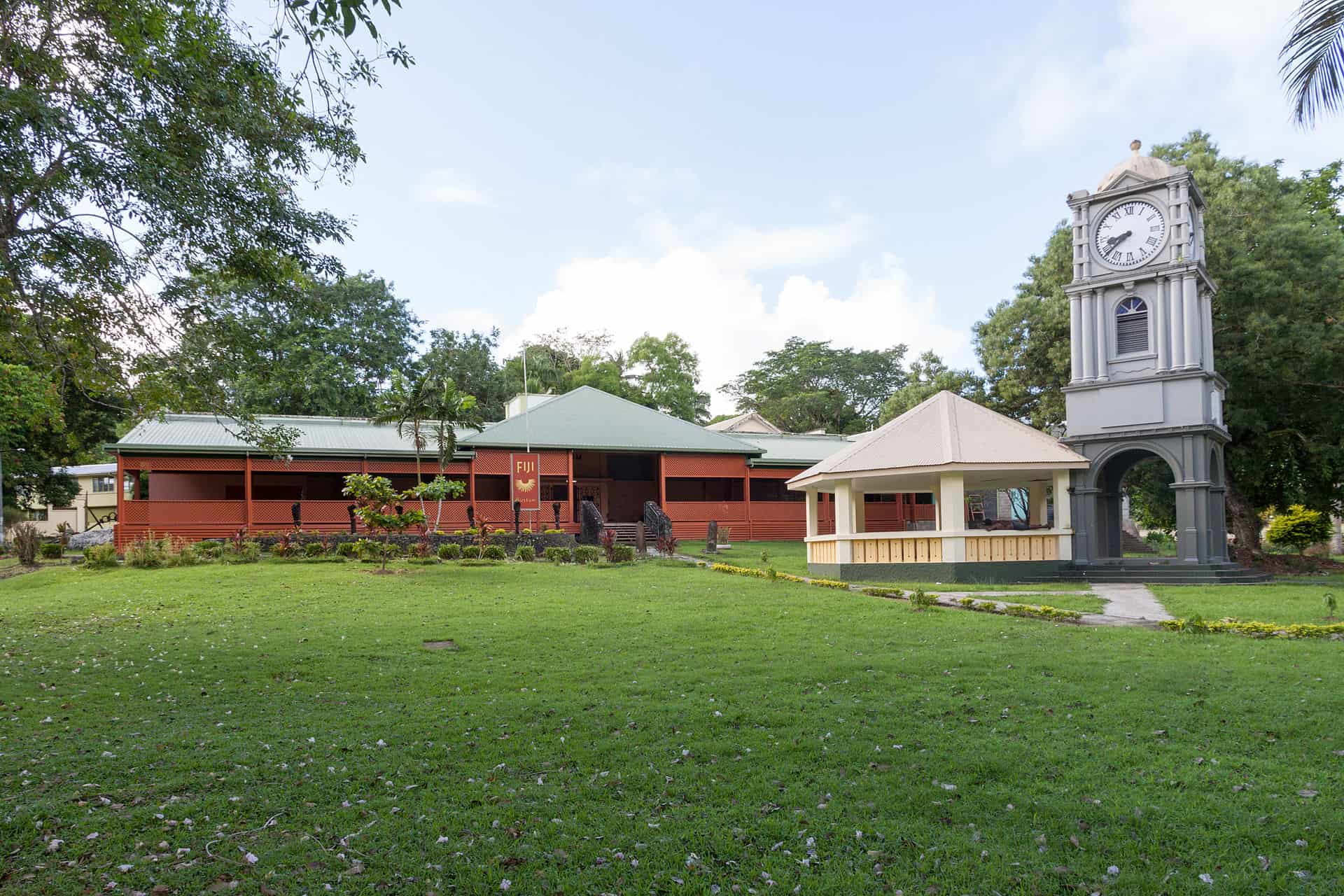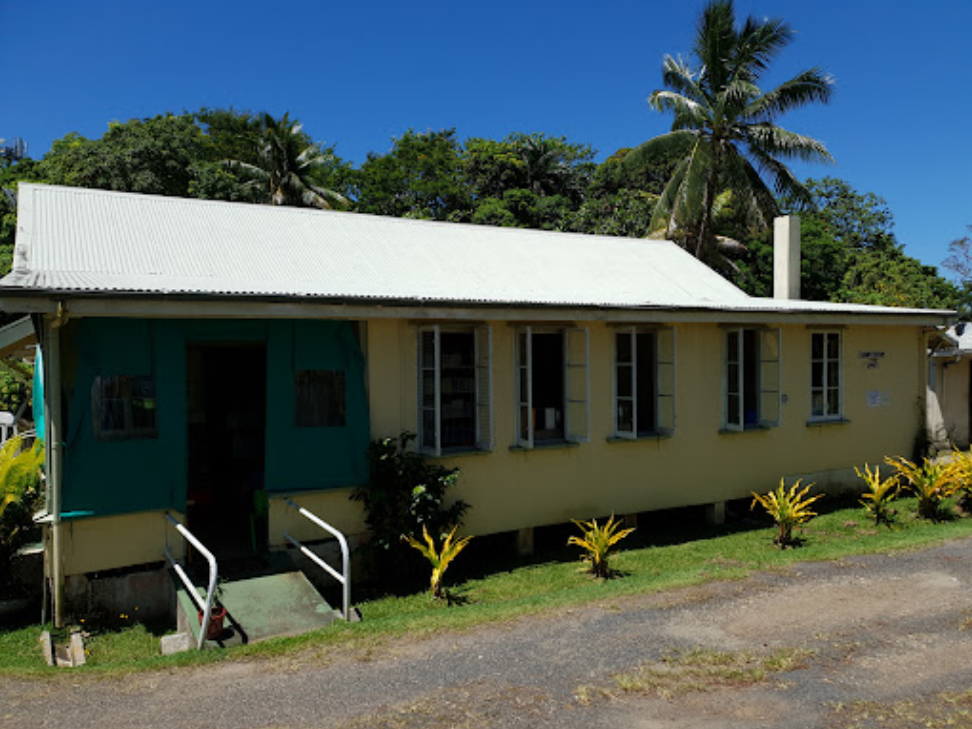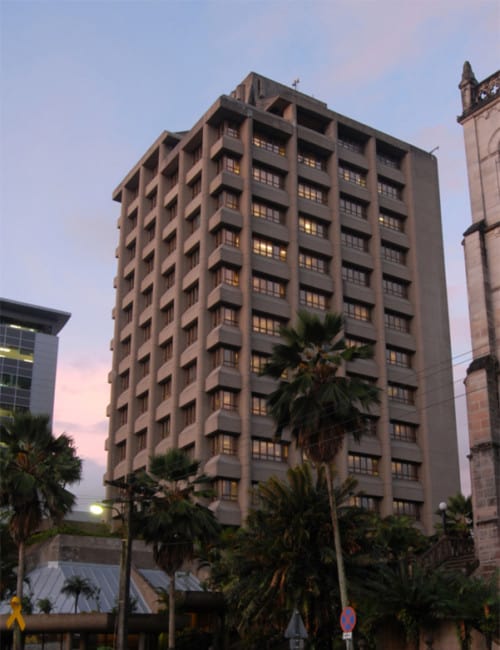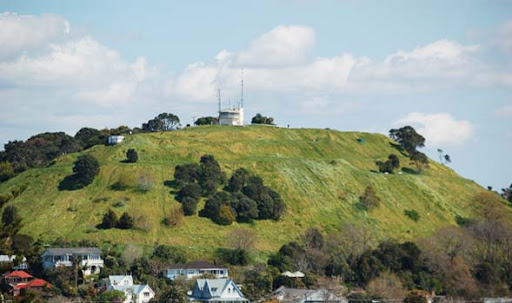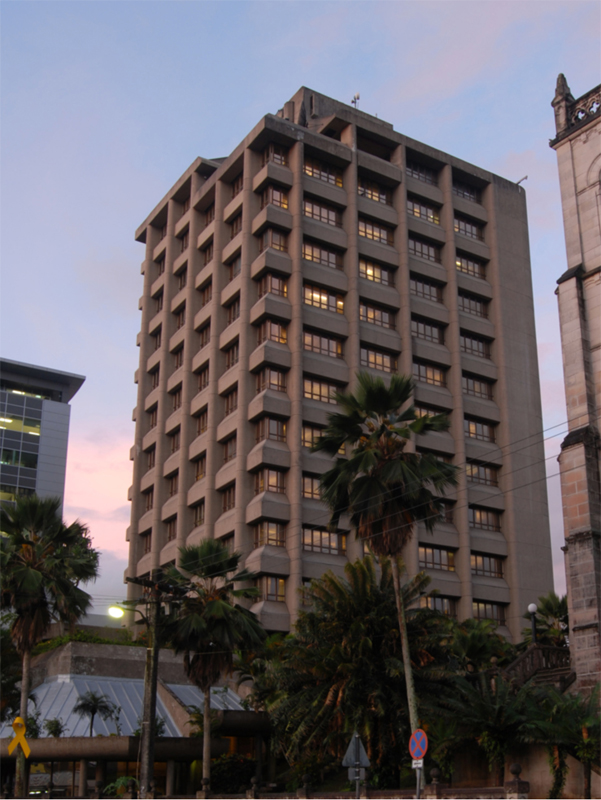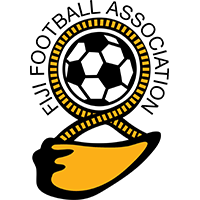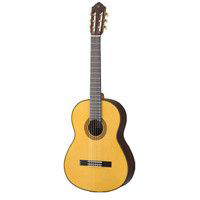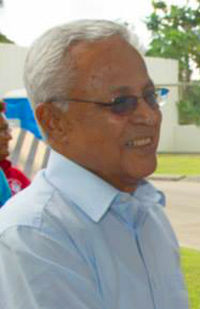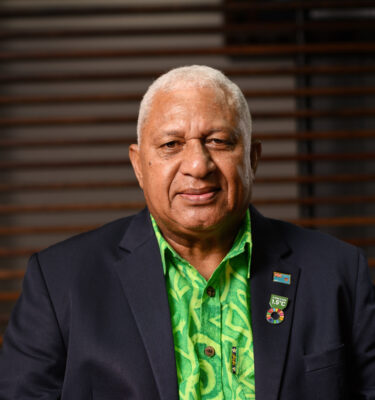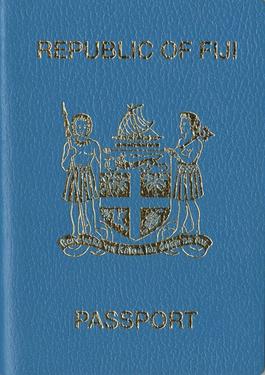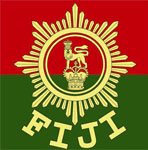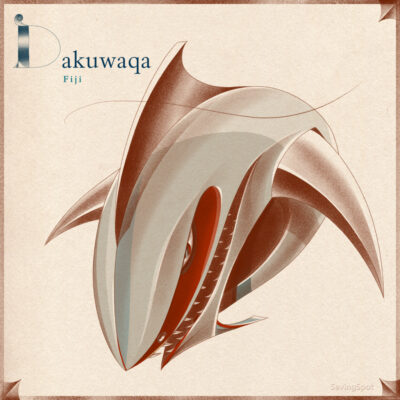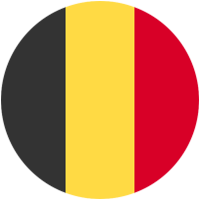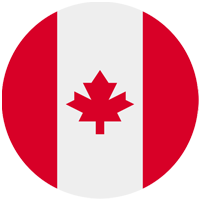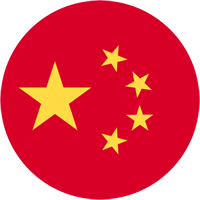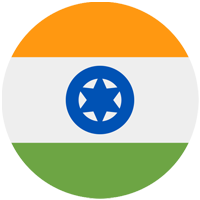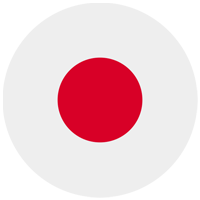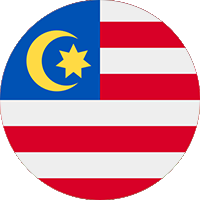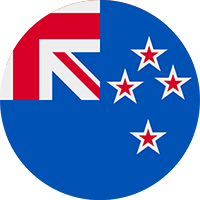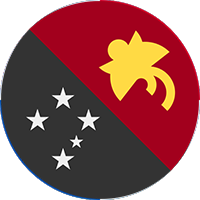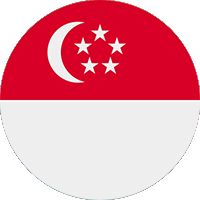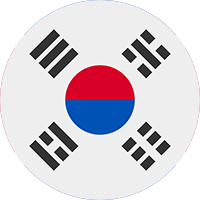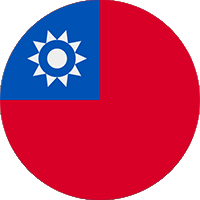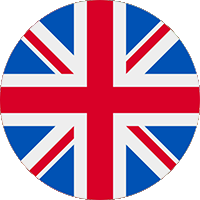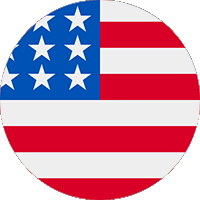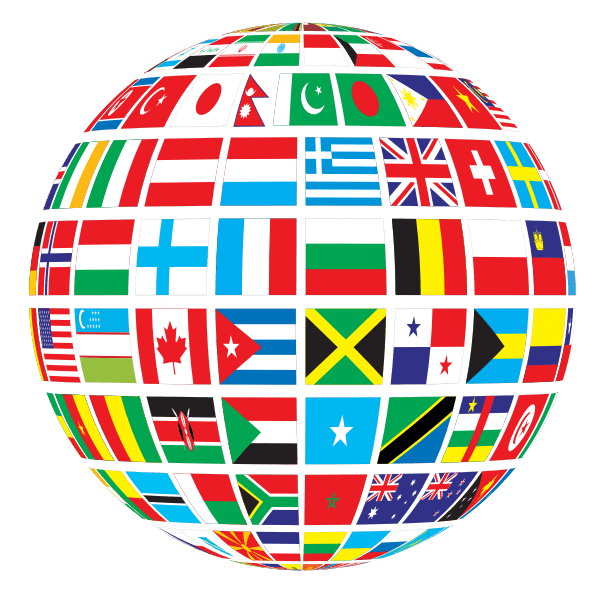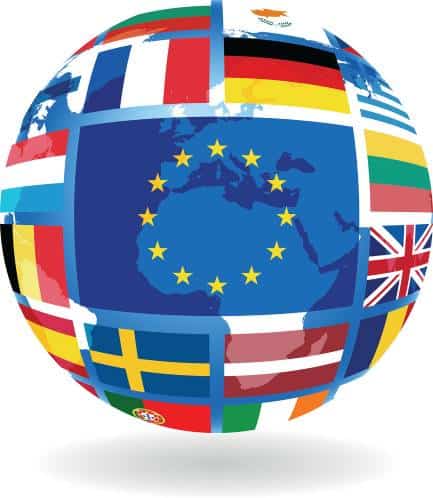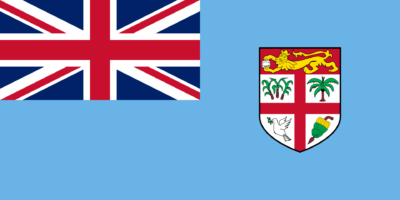National Symbols of Fiji
Last updated on August 27th, 2023 by Editorial Staff
Table Of Contents
By | Updated on August 27, 2023
Reviewed by Rittika
Fiji is a country in Australia/Oceania. The official name of Fiji is the Republic of the Fiji Islands. It shares borders with 14 countries: Australia, Belgium, Canada, China, India, Japan, Malaysia, New Zealand, Papua New Guinea, Singapore, South Korea, Taiwan, the United Kingdom, and the United States of America. The people of Fiji are called Fijians. The country is situated in Oceania, an island group in the South Pacific Ocean, about two-thirds of the way from Hawaii to New Zealand.
Etymology discusses where a term is considered to have originated from and how its meaning has changed over time. Etymology has been a factor in the naming of countries all across the world, and Fiji has also been influenced. The etymology of Fiji can be defined as; Adapted from Fisi, the Tongan form of Viti, referring to the island of Viti Levu (Fijian for “Great Viti”). Popularized by British explorer James Cook.
An ethnicity is a group or sub-group of people who are connected based on common characteristics which may include religion, origin, language, traditions, or culture. The ethnic groups in Fiji include Indigenous Fijians, Indo-Fijians, and Rotumans.
Fiji Airways is the national airline of Fiji. The national color of the country is light blue. The emoji flag of the country is ????????, and the ISO code is FJI.
Fiji is known for its stunning pacific islands, large Indian population, and mysterious caves and canyons. The national dish of Fiji is Fijian Kokoda. Kava, in addition to being a traditional beverage, is one of the country’s national drinks. The national instruments of Fiji are Guitar, Ukulele, and Mandolin.
The country has the time zone UTC+12 (FJT) followed by dd/mm/yyyy as the standard date format.
Fiji is divided into 4 divisions, and 14 provinces. Nasinu is Fiji’s largest city, while Suva serves as the capital.
The literacy rate in Fiji is 99.08%.
The country’s total area is 18,274 km² (7,056 sq mi), and the total population is 896,445. The country’s average elevation is 662 m (2,172 ft), whereas the country’s terrain can be defined as; Mostly mountains of volcanic origin. The country’s usual climate is tropical marine; with only slight seasonal temperature variation.
The area of land next to a sea is called the coast, and a coastline is defined as the line where land and sea meet. Fiji has 1,129 km of coastline.
The Fijian dollar serves as the national unit of currency, and the Reserve Bank of Fiji (RBF) is recognized as the country’s central bank. The domain for Fiji is .fj and the country code is +679.
Museums are known to educate and connect visitors with the nation’s history, culture, civilization, art, and architecture. The Fiji Museum serves the same purpose and is considered one of the most significant tourist attractions. The Fiji Museum is home to a large collection of artifacts. It has been designated as the national museum of the country.
The national dress of Fiji is the Sulu, and 10 October is designated as National Day. In Fiji, the majority of the population practices Christianity Methodism, Catholicism Other Christianity, Hinduism & Islam as their religion.
Nature is a blessing from God and we must protect it because it provides us with the oxygen and food to survive. It also helps to keep our environment beautiful and clean. To emphasize the significance of nature, Fiji has selected a few forces of nature as national symbols. Collared Lory is both the national bird and animal of Fiji. The national flower is Tagimaucia, whereas Mango is the country’s national fruit. The national tree of Fiji is the Palm tree, and the highest peak is Mount Victoria.
Mythical creatures can be found in the literature and mythologies of many different nations. They represent imaginative representations of various creatures, humans, or hybrids. They are known for their specific features, supernatural abilities, and distinctive appearance. The mythical creature of Fiji is Dakuwaqa.
Sports have always played an important role in developing the social and cultural structure of Fiji and other countries. When it comes to designating a sport as the official symbol, Rugby union union is considered the country’s national sport.
Ratu Sir Kamisese Mara is the founder of Fiji. The country’s national anthem was written by Michael Francis and Alexander Prescott. It was composed by Charles Austin Miles.
The country’s national hero is Ratu Meli Bogileka.
Numerous organizations are working on a global level to improve the current state of affairs and to collaborate in order to establish and maintain constructive partnerships. Fiji is a member of the Commonwealth of Nations, Pacific Community (PC), and United Nations (UN). Fiji collaborates with them to organize, analyze, and address various events and situations.
The tourism slogan of the country is “Where Happiness Finds You” whereas, “Rerevaka na Kalou ka Doka na Tui – “Fear God and honor the Queen” is the official motto of the country.
Frank Bainimarama is the current Prime minister of Fiji, and Jioji Konrote is the President.
Fiji has declared iTaukei and Hindi as the country’s official languages.
– Learn about Fiji flag color codes and their meanings –
– Further information regarding the symbols and knowledge of Fiji can be found in the table of contents –
Country information
Coat of arms
Flag map of Fiji
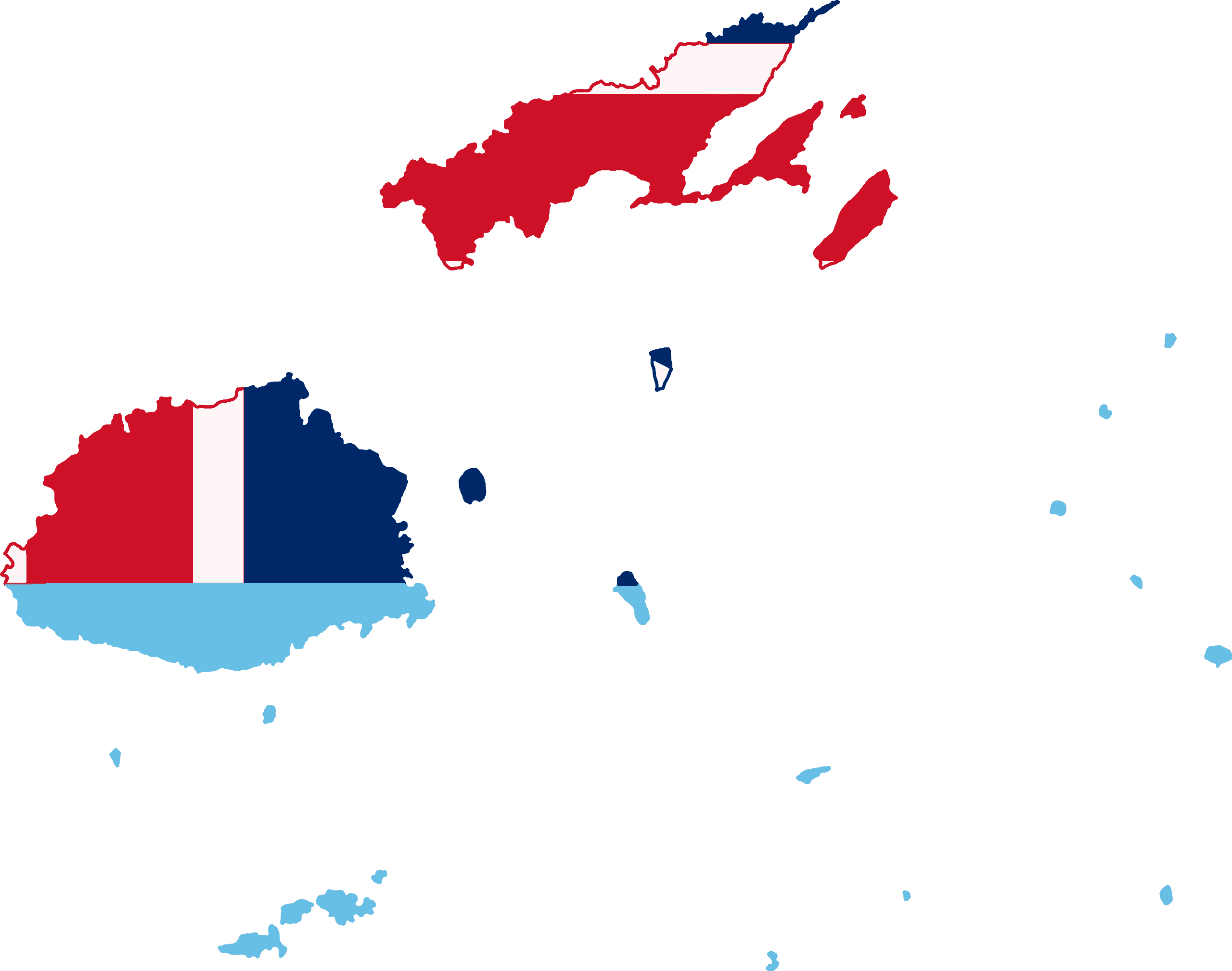
Motto of Fiji
Rerevaka na Kalou ka Doka na Tui - "Fear God and honour the Queen"
National animal of Fiji
The National animal of Fiji is Collared Lory
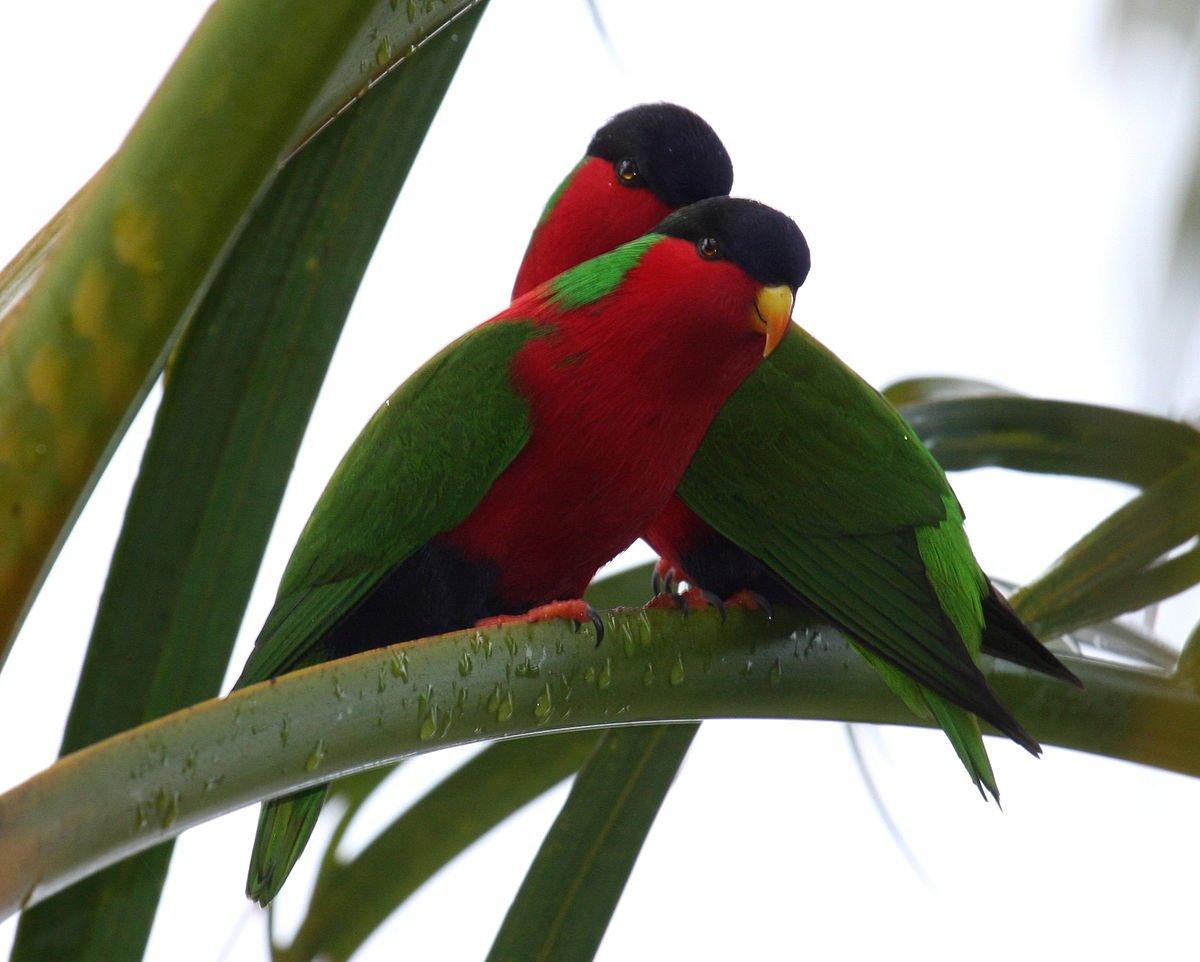
National flower of Fiji
The National flower of Fiji is Tagimaucia. Botanical name is Medinilla Waterhousei.
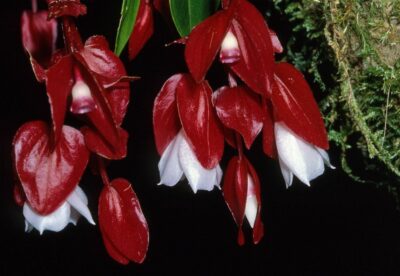
National bird of Fiji
The National bird of Fiji is Collared Lory
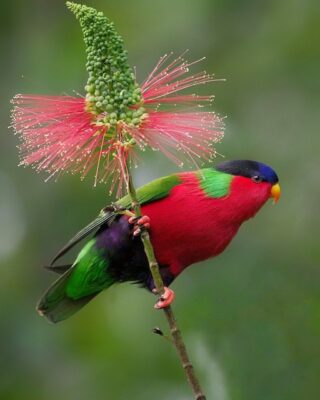
Rest of the National symbols of Fiji 👇
-
FounderRatu Sir Kamisese Mara
-
National dishFijian Kokoda
-
National danceMaka
-
National dressSulu
-
National monumentNot Declared
-
National anthemView Anthem
-
National fruitMango
-
National drinkKava
-
National colorsLight blue
-
National sportsRugby union
-
National treePalm tree
-
National poetNot Declared
-
National mausoleumNot Declared
-
National archivesNational Archives of Fiji
-
National museumFiji Museum
-
National libraryLibrary Service of Fiji
-
Central BankReserve Bank of Fiji (RBF)
-
Highest peakMount Victoria
-
Tallest buildingReserve Bank of Fiji Building
-
National football teamFIJ
-
Tourism sloganWhere Happiness Finds You
-
Emoji flag????????
-
National airlineFiji Airways
-
National instrumentGuitar, Ukulele, and Mandolin
-
National heroRatu Meli Bogileka
-
PresidentJioji Konrote
-
Prime MinisterFrank Bainimarama
-
Olympics CommitteeFiji Association of Sports and National Olympic Committee
-
PassportPassport of Fiji
-
Air ForceAir Wing of the Republic of Fiji Military Forces
-
Mythical CreatureDakuwaqa
Neighbouring countries of Fiji
-
Australia
-
Belgium
-
Canada
-
China
-
India
-
Japan
-
Malaysia
-
New Zealand
-
Papua New Guinea
-
Singapore
-
South Korea
-
Taiwan
-
United Kingdom
-
United States of America
Fijian Proverbs - Popular quotes, proverbs and sayings.
The white flower has bloomed; it is time to sleep outside. Listen to the wisdom of the toothless ones. Life is like this: sometimes sun, sometimes rain. Idleness is to be dead in the limbs but alive within. Each bay, its own wind. Don’t do today what you probably can leave undone tomorrow as well.
Compare Fiji with other countries
Compare Fiji with its neighbours
- Vs. Australia
- Vs. Belgium
- Vs. Canada
- Vs. China
- Vs. India
- Vs. Japan
- Vs. Malaysia
- Vs. New Zealand
- Vs. Papua New Guinea
- Vs. Singapore
- Vs. South Korea
- Vs. Taiwan
- Vs. United Kingdom
- Vs. United States of America
